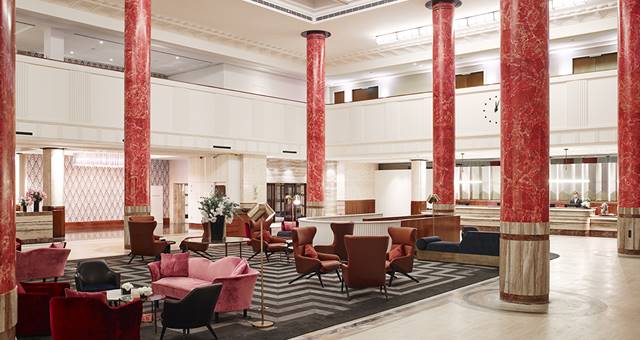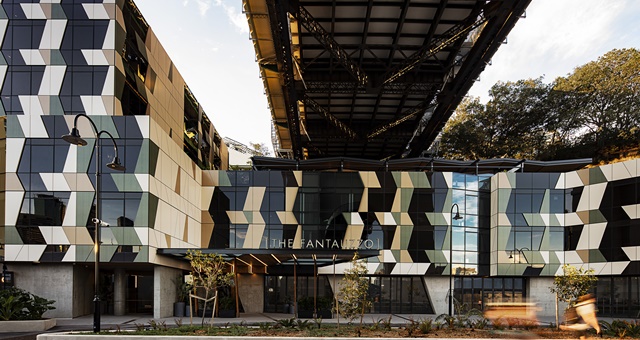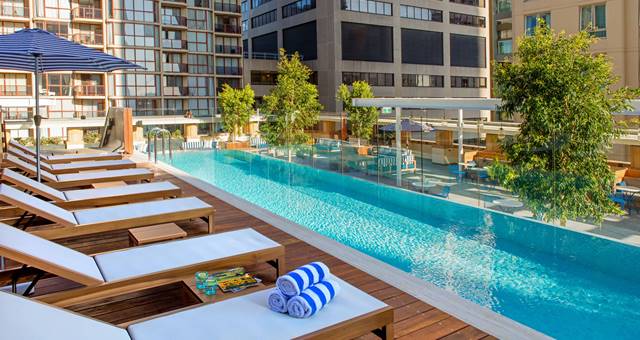Hotel transactions have largely been on hold since April due to border closures and market uncertainty, whilst hotel owners, investors and lenders took time to take stock of their own situation, adopting a wait and see approach to the market.
However, after a six-month hiatus, we are now starting to see a restart in hotel investment activity and an emerging pipeline of transactions after years of investment grade hotel stock being tightly held in Australia’s major cities especially so in Sydney, historically our most tightly held market.
High quality prime hotels in major cities and resort destinations rarely trade, but the current stress and dislocation caused by COVID is now seeing some high quality opportunities materialise. The transaction market is as much driven by the availability of stock as it is by investor depth or weight of capital. Momentum is building and we anticipate a very active Australian hotel transaction market over the next 12 months.

In recent weeks, hotels have transacted in Brisbane (Fantauzzo – Art Series was snapped up by Crystalbrook Collection) and a boutique hotel in Byron Bay. The five-star Primus Hotel in Sydney’s CBD is in due diligence and a portfolio of three-star hotels has also come onto the market. As a sign of faith in the Australian hotel sector, as an investment class, we are seeing experienced investors both local and offshore – high net worth individuals, hotel owner operators, private equity and investment funds with fresh mandates to acquire.
Other investors can consider joint venture investments as well as recapitalisations of a hotel’s capital stock via quasi-equity injections, which may be more palatable to an over-levered owner than an outright sale of an asset. It is critical also that availability of stock fits with an investor’s long-term strategic requirements and of course, in the post-COVID world, value in the deal is key.

If you look at some of the transactions we are currently negotiating, unless you can fund an all-cash deal, alternative structures such as vendor financing have re-emerged as a potential solution, given the major banks’ reluctance to lend just yet on hotels. Vendors need to be prepared to be open to flexible terms and conditions and brokers need to be innovative to get major deals done in the current market.
Whilst it is challenging for investors to underwrite future income in the current uncertain environment, first mover investors in this cycle are seeing beyond the current crisis and are taking a long term 7-10 year plus investment horizon.
Looking back to the last two major down markets in 2009 and 1991 – first mover investors who were able to fund quality counter cyclical hotel investments – and then held onto their investments for the long term while still reinvesting into these properties – reaped large capital gains. For example, one of the standout deals of the last 15 years was M&L’s bold purchase in the depths of the GFC of what is now known as the Hyatt Regency Sydney. This hotel has increased massively in value since.

There is a diversity of opinions amongst investors on the trajectory of the hotel market’s recovery as well as to which type of hotel assets will recover first and in which locations. Investors are therefore keen to understand a hotel’s pre-COVID market mix as well as focusing on an asset’s inherent attributes, any value-add or redevelopment potential.
As the Australian hotel industry navigates the way forward, the industry is taking thoughtful consideration of the strategies and tactics that can be adopted for a revenue-led recovery, which includes prudent cost control oversight. While hotels are refining their re-entry strategies, there are also opportunities to review high guest impact repairs and maintenance works while hotels are operating at lower occupancies. Guests will also be seeking low touch high guest services which will improve the guest experience. An example of this is remote guest check-in, added JLL EVP Project & Development Services, Ross Beardsell.

